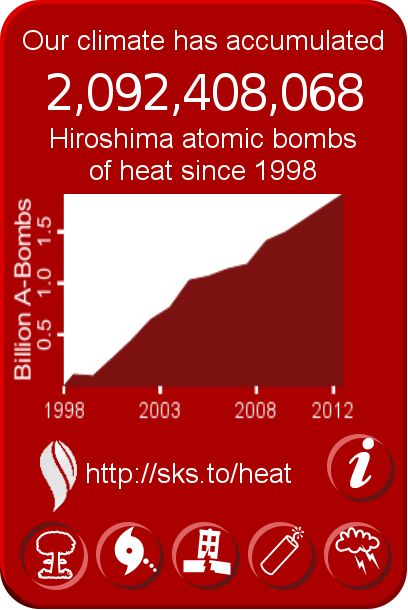Companies are increasingly rallying behind sustainability, but as it becomes part of the company’s core business, many still find it a challenge to capture its full financial, social and environmental benefits.
This is one of the main findings of a recent survey by United States-based management consulting firm McKinsey involving 3,000 business executives from companies worldwide, on actions they take to address environmental, social and governance issues, the practices they employ to manage sustainability and the value they give to such initiatives.
McKinsey’s findings showed that trends are changing. While firms still value reputation as important, many of them do not necessarily pursue reputation-building activities that give them the maximum financial returns.
The firm compared the results to surveys conducted since 2010, and in many years, reputation management was a top reason why companies address sustainability. This year, however, aligning sustainability with the company’s business goals, missions and values was cited the most important reason to address sustainability.
The survey, titled ’Sustainability’s strategic worth‘, also identified six key trends in how companies address sustainability issues and maximise value as they carry out their sustainability plans.
1. Aligning sustainability with business goals
Companies increasingly view sustainability as an integral part of their business operations. From 30 per cent of the companies surveyed in 2012, nearly half (43 per cent) are now looking to align sustainability to their overall business goals, missions and values. Moreover, the survey found those companies which incorporated sustainability in their organisational processes such as performance management fared better than their industry peers.
2. CEOs viewing sustainability as a top priority
As sustainability becomes increasingly central to the business agenda, it is also climbing higher on the priority lists of CEOs. Almost half of the 281 CEOs polled by McKinsey said sustainability was a “top three” priority on their agenda.
eco-business











